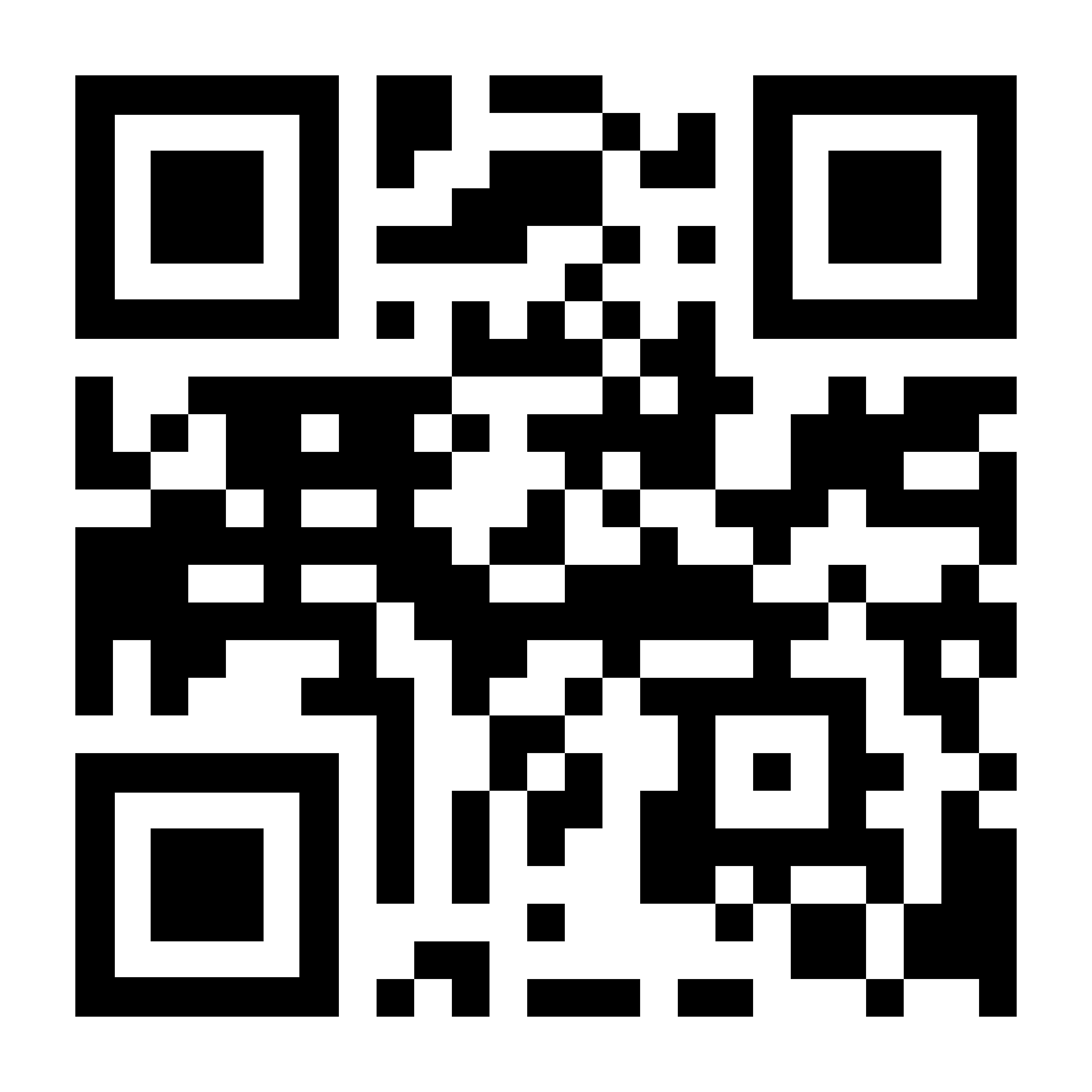Do Challenges
because creative problem-solving and collaboration is essential to business success.
FOR THOSE MADE TO DO
Do Challenges
because creative problem-solving and collaboration is essential to business success.
FOR THOSE MADE TO DO
Business is a challenge
In the real world, we rarely use skills in isolation. A musician may learn theory and rehearse on their own, but the ultimate test of their ability is live performance.
It’s the same in business: theory, case studies, and techniques become relevant only when applied in a real business context in real time with real people. That’s why all our programs are centered around real-world business challenges.
By working in diverse teams to solve complex business problems, our students continually practice what they’ll be doing in the workplace. As an educational experience, it’s unpredictable, challenging—and completely transformational.


A team of undergrad students—Jimena Perez Orejas, Ahmed Adow, Sophie Labs, and Anna Levitova, with teammates Nikol Firdzhanova and Edoardo Enzo Toninelli joining online—work on their campaign for FEDORA, who challenged the class to devise a strategy to help fund emerging artists in Europe

Change through challenge
Whether you’re figuring out how best to apply a new technology to an existing business, developing a startup idea, or coming up with innovative ways to address social issues, you’ll collaborate to solve challenges businesses are facing right now. From hackathons and real-time simulations to working with local startups, NGOs, and global corporations—you’ll effect real change, both in your individual skillset and the wider business community.
Experience is the best teacher
As part of your everyday education at Hult, you’ll put theory into practice and gain hands-on experience via team projects and live client challenges. Your final challenge is where you’ll apply everything you’ve learned as you compete to solve a real-world business problem as creatively as possible. So you graduate with a practical skillset suited to any career. Here, we go behind the scenes of two team challenges, one undergraduate, one MBA.

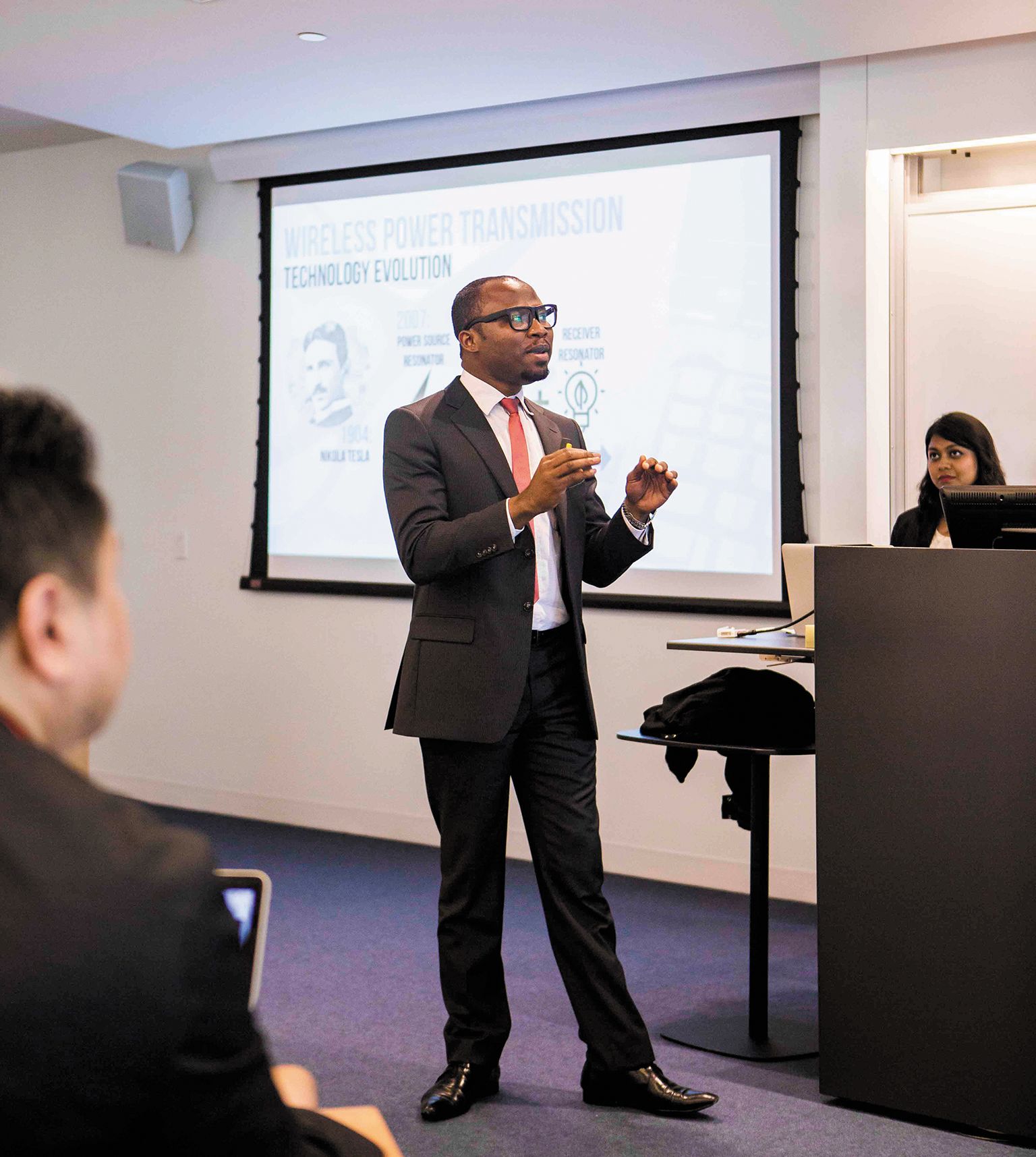

Multinational electronics conglomerate and the largest industrial manufacturing company in Europe.

Advise Siemens on the future vision and specific plan to transition to the new electric utilities market with a transformative business model backed by insightful analysis, real data, and a clear strategy.

MBA, Class of 2017: Guillermina Sanchez, Bharti Mathur, Ayushi Goyal, Adeboye Oye, Fermin Carrillo, Mauricio Alarcon.

“We created a disruptive business model to position Siemens as a provider of infrastructure for wireless power transmission. Eric Giler (former Wintricity CEO) and Katie Hall (former Wintricity CTO) were our mentors. We met three times in order to further understand the technology and get help with the development of the ideas. They made our vision possible and ignited our passion.”

A global commerce leader that connects millions of buyers and sellers around the world.

Create a retention and acquisition strategy for eBay’s Gen-Z market in Europe.

Undergraduate, Class of 2019.

The finalist teams all pitched to execs, including the senior manager of service design, at eBay’s HQ in London. Rebecca Kells, head of ECC partner operations at eBay, said of the teams: “At every point, we have been blown away by the level of talent, intellect, and insight. To learn theory from books is one thing, but to apply it to a living, breathing company is something else entirely.”
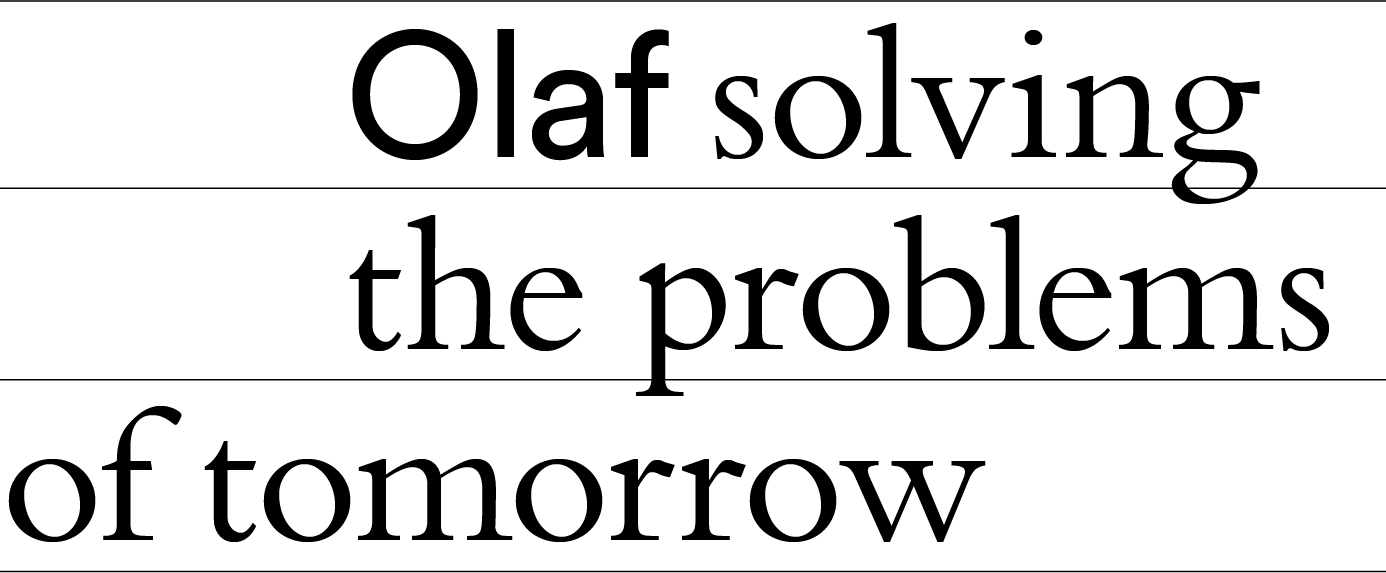
Olaf Groth, PhD
American/German
Strategy, Innovation, Economics & Futures Professor
CEO, Cambrian Futures Inc.
Member, Global Expert Network, World Economic Forum
Co-Author, Solomon’s Code: Humanity in a World of Thinking Machines (Pegasus Books, 2018)
The AI Generation: Shaping Our Global Future with Thinking Machines (Pegasus Books, 2021)
The Great Remobilization: Designing a Smarter World (MIT Press, 2022), with Profs. Mark Esposito & Terence Tse
“I always work with Hult students and alumni on my projects. One of our graduates is working with my head of data science to design a trend analysis engine and another is helping us design a new index for readiness in corporations. A Hult alum also helps me operate my company—Cambrian Futures—a think tank that emerged from my research and professional experience. All these things we work on, we bring them back into the classroom.”
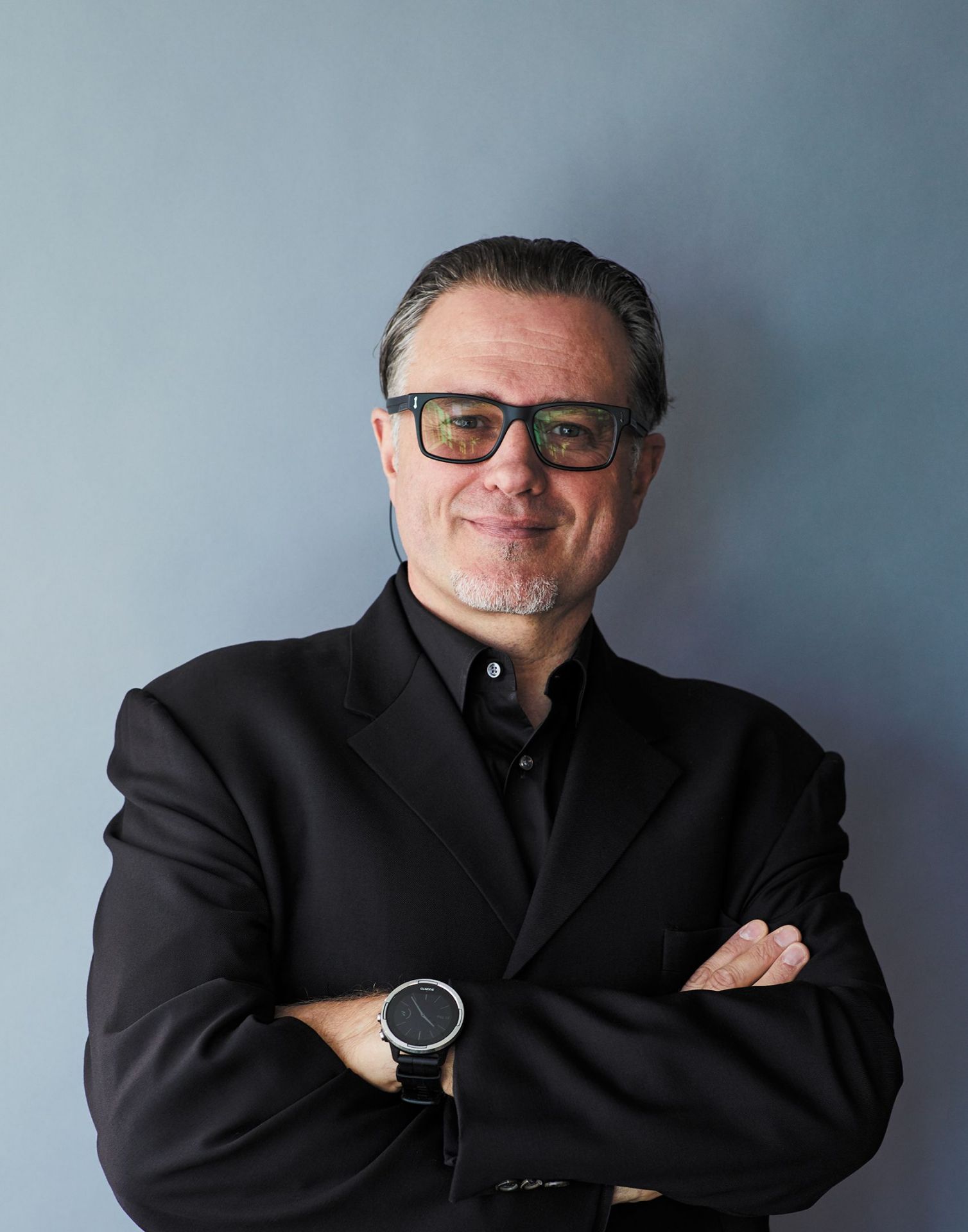
Disruptive innovation means reconfiguring existing parts of business models, or structures, or product offerings, into something completely new with a completely different value proposition. Innovation can capture anything; it goes above and beyond technology. But often, it has some kind of technology at its core.
Disruptive technology is some kind of new technique, process, or tool that helps us do something better, cheaper, faster, or with greater impact. Revolutions in areas like data science, artificial intelligence, and quantum computing are showing us how we think, make decisions, and transact. And how, as a result, relationships in society change.
The cognitive economy—the economy that’s being driven by these technologies—is driving the future of business. What does this mean for decision makers? How do we relate differently to the customer? The answers tell us there needs to be a fundamentally different way of running a business.
What we do is apply strategy methodologies—micro and macro frameworks, design thinking, stakeholder and systems thinking, as well as foresight frameworks—to this topic. We’re projecting out and asking: Where is your business going in five, seven, ten years, and what does it mean for you today?
That is the key skill that our students are learning.

Olaf Groth, PhD
American/German
Strategy, Innovation, Economics & Futures Professor
CEO, Cambrian Futures Inc.
Member, Global Expert Network, World Economic Forum
Co-Author, Solomon’s Code: Humanity in a World of Thinking Machines (Pegasus Books, 2018)
The AI Generation: Shaping Our Global Future with Thinking Machines (Pegasus Books, 2021)
The Great Remobilization: Designing a Smarter World (MIT Press, 2022), with Profs. Mark Esposito & Terence Tse
Disruptive innovation means reconfiguring existing parts of business models, or structures, or product offerings, into something completely new with a completely different value proposition. Innovation can capture anything; it goes above and beyond technology. But often, it has some kind of technology at its core.
Disruptive technology is some kind of new technique, process, or tool that helps us do something better, cheaper, faster, or with greater impact. Revolutions in areas like data science, artificial intelligence, and quantum computing are showing us how we think, make decisions, and transact. And how, as a result, relationships in society change.
The cognitive economy—the economy that’s being driven by these technologies—is driving the future of business. What does this mean for decision makers? How do we relate differently to the customer? The answers tell us there needs to be a fundamentally different way of running a business.
What we do is apply strategy methodologies—micro and macro frameworks, design thinking, stakeholder and systems thinking, as well as foresight frameworks—to this topic. We’re projecting out and asking: Where is your business going in five, seven, ten years, and what does it mean for you today?
That is the key skill that our students are learning.
“I always work with Hult students and alumni on my projects. One of our graduates is working with my head of data science to design a trend analysis engine and another is helping us design a new index for readiness in corporations. A Hult alum also helps me operate my company—Cambrian Futures—a think tank that emerged from my research and professional experience. All these things we work on, we bring them back into the classroom.”

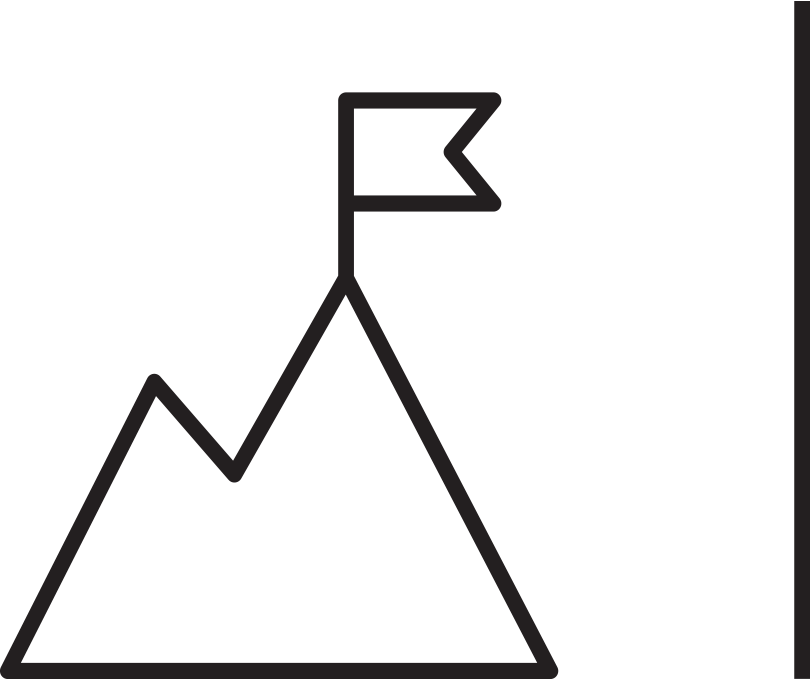
EXAMPLE STRATEGY CHALLENGE
Identify initial use cases and markets for a prominent startup in brain-computer interfaces.

DBA Program Overview
← Previous Page
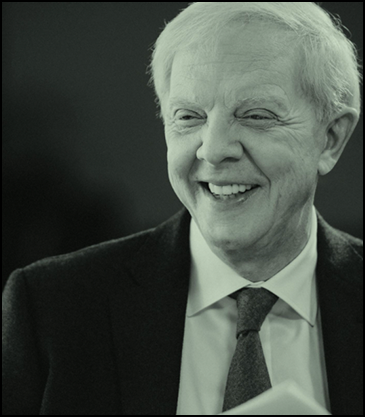
Led by Businesspeople
Next Page →
